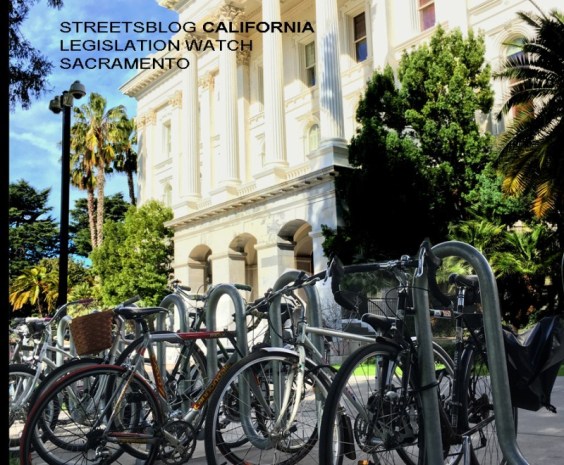Economist Tyler Cowen responds to my recent take on Ed Glaeser's recent HSR column:
My question is simple: how could you take rail fromDallas to Houston and cope once you got there? San Antonio I can see,at least provided you will camp out in city center (a mistake, butthat's a question for a different day). I am willing to be converted,but what are the odds of such a line attracting significant patronage,with or without ongoing subsidy to the fares and not just to lineconstruction? Or is the vision that everyone takes the train and thenrents a car on arrival? According to Matt Yglesias, the plan won't even directly link Houston to Dallas. By the way, here are some of the other planned links from Texas. Will people really take trains from Houston to Meridien, Mississippi?
I don't really understand why Tyler thinks this is a problem. People
fly between cities all the time, and airports, unlike rail hubs, are
miles from central business districts. So what will people do once
they've taken a train from one city to the next?
Well, in some cases
they'll find themselves within walking distance of their destination.
In other cases, they'll find themselves within an easy transit ride of
their destination: Dallas and Houston have serious plans to add to
their rail networks.
For other visitors, cabs or car-sharing will be an
option. And for some subsets of travelers, renting a car will be the
best option. If you're staying for the week and visiting your auntie in
Galveston, then you'll need to rent a car. If you have a midday meeting
downtown and are then heading back home, rail is a perfect option.
And others will ask themselves this question, get no satisfactory
answer, and decide to drive. But if you have a rail option that's not
much more expensive than driving, and is faster than driving, and
allows you to work or sleep while traveling, and delivers you within
easy reach of your destination, then I don't see how that option fails
to generate plenty of traffic.
A final point: infrastructure construction influences land use
patterns. Just look at the Washington metropolitan area.
Jobs cluster
around Metro stations on lines extending outward from the central
business district. Job clusters follow major interstates, including
I-66, I-270, and I-495. And jobs bunch around the region's airports;
look out from the front of the terminal at Dulles, and you see office
building after office building.
If you build an effective rail system (and especially if you build
complementary systems like transit and car-sharing services around that
system), then employment and population patterns will respond to the
shift in transportation costs. Infrastructure provides its own demand.
I'm also kind of amused at Tyler's question, "Will people really take trains from Houston to Meridien, Mississippi?"
For the right price, yes, people will take trains from Houston to just
about anywhere. But Tyler, trains move in the other direction, too!
It's easy to sit around and say, "What's the market for folks taking a
train from Houston to Lake Charles or Dallas to Midland?" But for those
traveling into the major metropolitan areas, trains could be
tremendously advantageous.
I'm sure there were a lot of people back in
the day wondering who would take a Metro train from downtown Washington
to Rockville, Maryland. Now, of course, the Red Line is an indispensable transit link between city and suburb.




